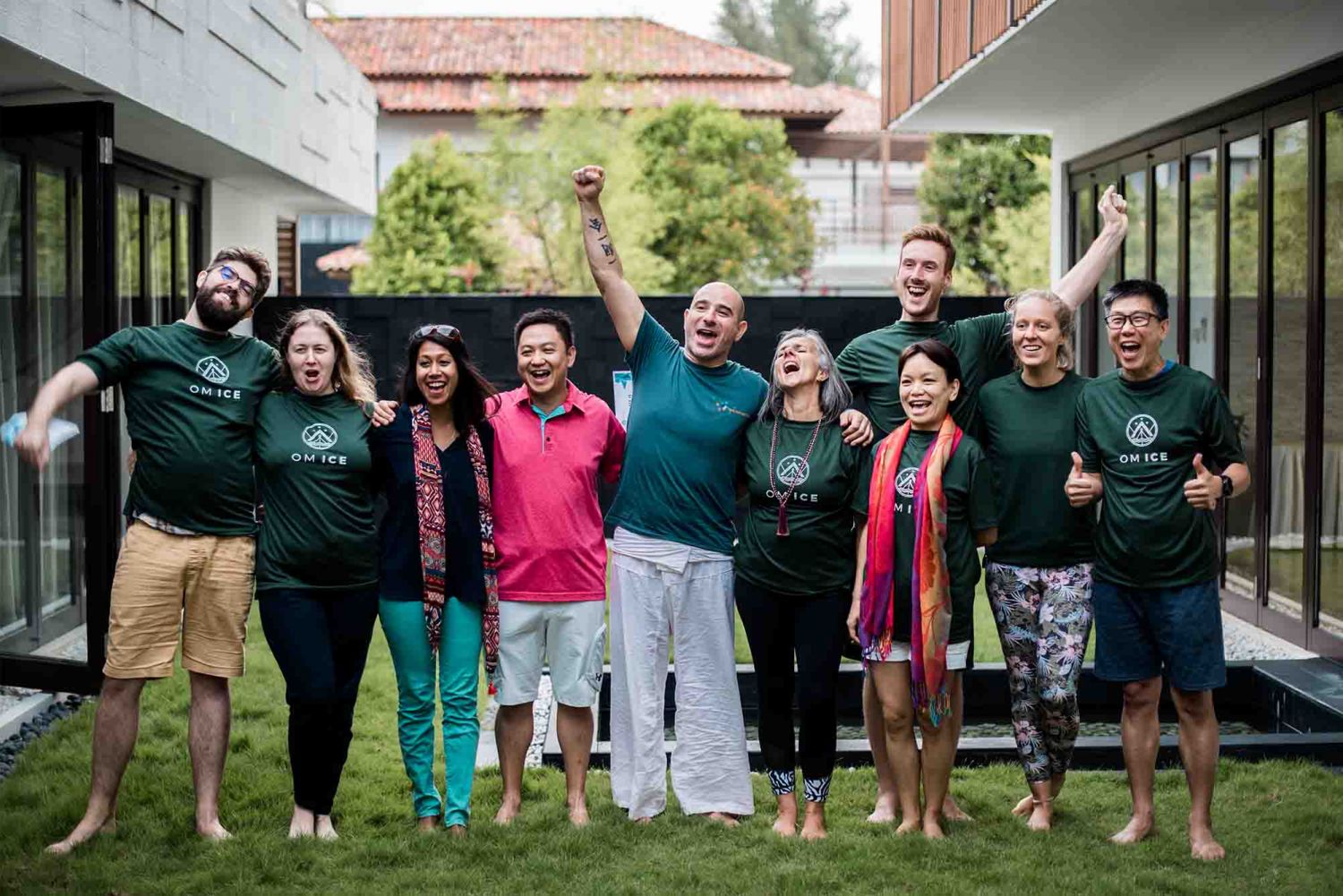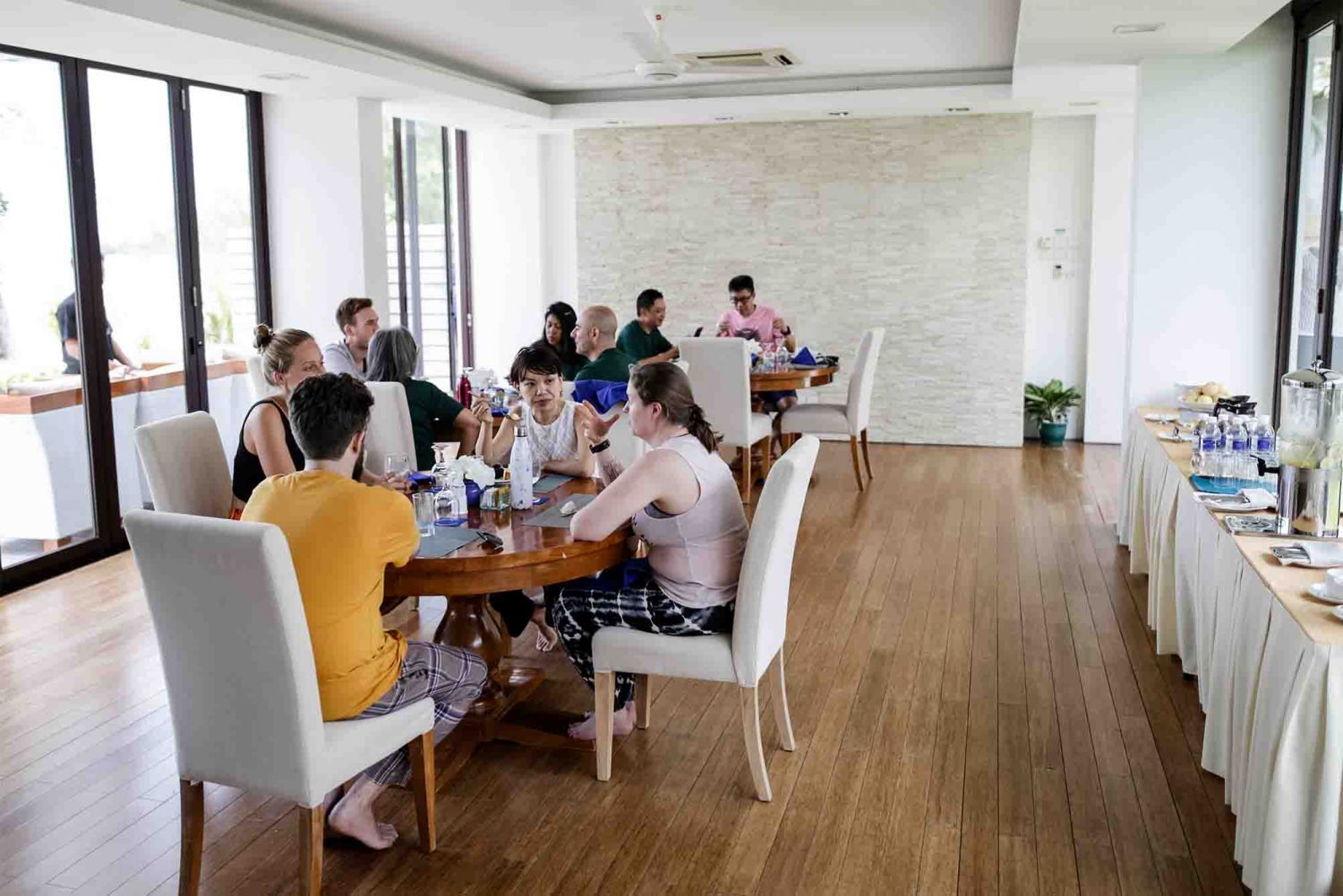Ahead of his three-day luxury self-discovery retreat at W Singapore Sentosa Cove, Tatler spoke to Dr Oberdan Marianetti to find out how he went from wanting to be an architect to helping people reconnect with their selves and find their purpose in life through meditation, yoga, ice baths and journaling
How I’m Making It is a weekly series in which Tatler speaks to influential individuals about their unique journeys and what keeps them going.
It has been over two years since the Covid-19 pandemic began and with the ever-changing restrictions, separating work and personal lives has become increasingly tough, thus affecting our physical and mental health. Therefore, it comes as no surprise that many of us have felt overwhelmed, disillusioned and simply disconnected from ourselves.
Don’t miss: How I’m Making It: How Yan Ng Is Disrupting the Fast Fashion Industry With Her Sustainable Brand, Lily & Lou
This is something Dr Oberdan Marianetti, founder of Om-Ice, aims at eliminating. Through his intense three-day luxury self-discovery retreats which aim to balance psychology, breath-work, movement, and cold exposure, the certified psychologist and clinical sexologist is able to help participants to reconnect with themselves to create presence and purpose in their lives.
Ahead of Om-Ice’s next retreat, which will be coming to W Singapore, Sentosa Cove in March, Tatler spoke to Marianetti to find out how he came into the practice, what he aims to accomplish and how he plans to continue helping individuals cope with modern life.

Considering how passionate Marianetti is about his practice, it will surprise many that Marianetti wanted to be an architect when he was a child.
“As a young boy, I dreamt of being an architect. Then I discovered the stars and the universe and dreamt of becoming a researcher in astrophysics. But for multiple reasons, neither of those dreams came to life,” Marianetti shared.
Don’t miss: How I’m Making It: Private Jeweller Vihari Poddar on How She Opened Her Own Jewellery Store at 16
In fact, it was only in his teens that Marianetti started to get interested in the inner workings of the mind.
“As a teen, I remember being a keen observer of people. I often wondered why people talked or acted the way they did. I was aware that the brain had something to do with it, and I found it fascinating that a blobby, jelly-like thing in our head could create such marvels. Curiosity has always had a strong presence in my life and psychology has so much to teach, it was a match made in heaven,” he said.
Keen to learn more, Marianetti decided to pursue psychology in the United Kingdom and graduated with a degree and later, a Master’s in the subject. He also received a doctorate in clinical sexology later on in the United States.






